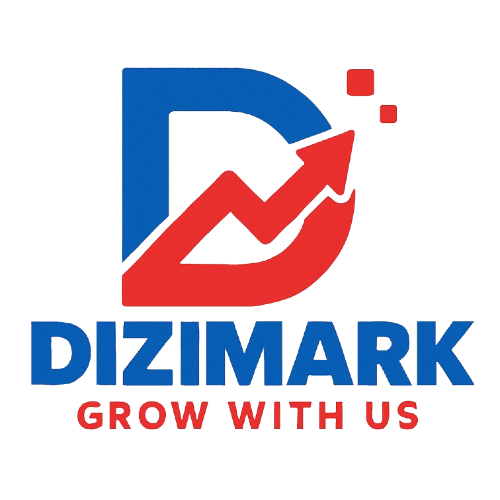As search engine algorithms evolve and user behavior shifts, staying updated with the latest SEO trends is more crucial than ever. 2025 is already shaping up to be a transformative year for digital marketing, with AI, user experience, and new technologies taking center stage. Whether you’re an SEO professional, a business owner, or a digital marketer, understanding where SEO is headed can make or break your visibility online.
In this article, we’ll explore the top 7 SEO trends in 2025 and show you exactly how to adapt your strategy to stay competitive.

1. AI-Powered Search Will Dominate
With Google’s Search Generative Experience (SGE) and the rise of AI in search engines like Bing and others, AI-powered search is changing how results are displayed and how users interact with them. These AI-generated answers often appear above traditional rankings, reducing click-through rates to organic results. Access analytical tools to read more support smart investment decision making.
How to Adapt:
- Create content that answers questions clearly and concisely.
- Use structured data (Schema Markup) to help AI understand your content.
- Optimize for zero-click searches with featured snippets and summaries.
2. Search Intent Will Be More Nuanced
Google’s algorithms are getting better at understanding context and intent, not just keywords. In 2025, simply targeting keywords won’t be enough—you need to address the “why” behind the search.
How to Adapt:
- Map your content to different stages of the buyer journey: informational, navigational, transactional.
- Use tools like Google Search Console and AnswerThePublic to explore intent-driven queries.
- Create in-depth content clusters around main topics to demonstrate authority.
3. Voice Search Optimization Will Be Essential
With the growing use of smart speakers and mobile voice assistants, optimizing for voice search is no longer optional. Voice searches tend to be more conversational and question-based.
How to Adapt:
- Focus on long-tail, natural-sounding keywords.
- Create FAQ-style content to answer voice search queries directly.
- Optimize for local SEO, as voice searches are often location-based (e.g., “best coffee shop near me”).
4. Video Content Will Play a Bigger SEO Role
Video content continues to surge in popularity, and search engines are increasingly showing video snippets in SERPs. Platforms like YouTube, TikTok, and Instagram are influencing SEO rankings indirectly through user engagement.
How to Adapt:
- Create and optimize videos for your niche with proper titles, descriptions, and keywords.
- Embed videos in your blog posts to increase dwell time.
- Use transcripts and closed captions for accessibility and indexing.
5. Mobile-First and Core Web Vitals Are Non-Negotiable
Google now indexes mobile versions of content first, and Core Web Vitals are crucial ranking signals. User experience (UX) metrics like loading speed, interactivity, and visual stability heavily impact rankings.
How to Adapt:
- Use tools like Google PageSpeed Insights and Lighthouse to audit performance.
- Implement responsive design and lazy loading for images.
- Prioritize UX/UI design for seamless navigation on mobile devices.
6. E-E-A-T Will Influence Content Rankings More Than Ever
Google’s updated E-E-A-T framework (Experience, Expertise, Authoritativeness, Trustworthiness) emphasizes content credibility. In 2025, demonstrating real experience and trustworthiness in your niche will be a ranking differentiator.
How to Adapt:
- Add author bios with credentials and experience.
- Link to reputable sources and include testimonials or reviews.
- Keep your content updated and factually accurate.
7. Local SEO and Hyper-Personalization Will Grow
Hyper-personalized search results based on user behavior, location, and preferences are on the rise. For businesses with a local presence, local SEO remains a critical component.
How to Adapt:
- Keep your Google Business Profile optimized and updated.
- Collect local reviews and respond to them actively.
- Use location-based keywords and build local backlinks.
Final Thoughts: Staying Ahead of the SEO Curve in 2025
SEO in 2025 is no longer just about keywords or backlinks—it’s about creating meaningful, useful experiences for your audience across all platforms. AI, personalization, and user intent are shaping a more dynamic and competitive digital landscape.
If you want to thrive, focus on:
- Publishing helpful, experience-backed content.
- Embracing multimedia (especially video).
- Keeping your site fast, mobile-friendly, and technically optimized.
The best SEO strategy is one that evolves with the times. By following these trends and staying flexible, you’ll ensure your site not only survives but excels in the new era of search.
